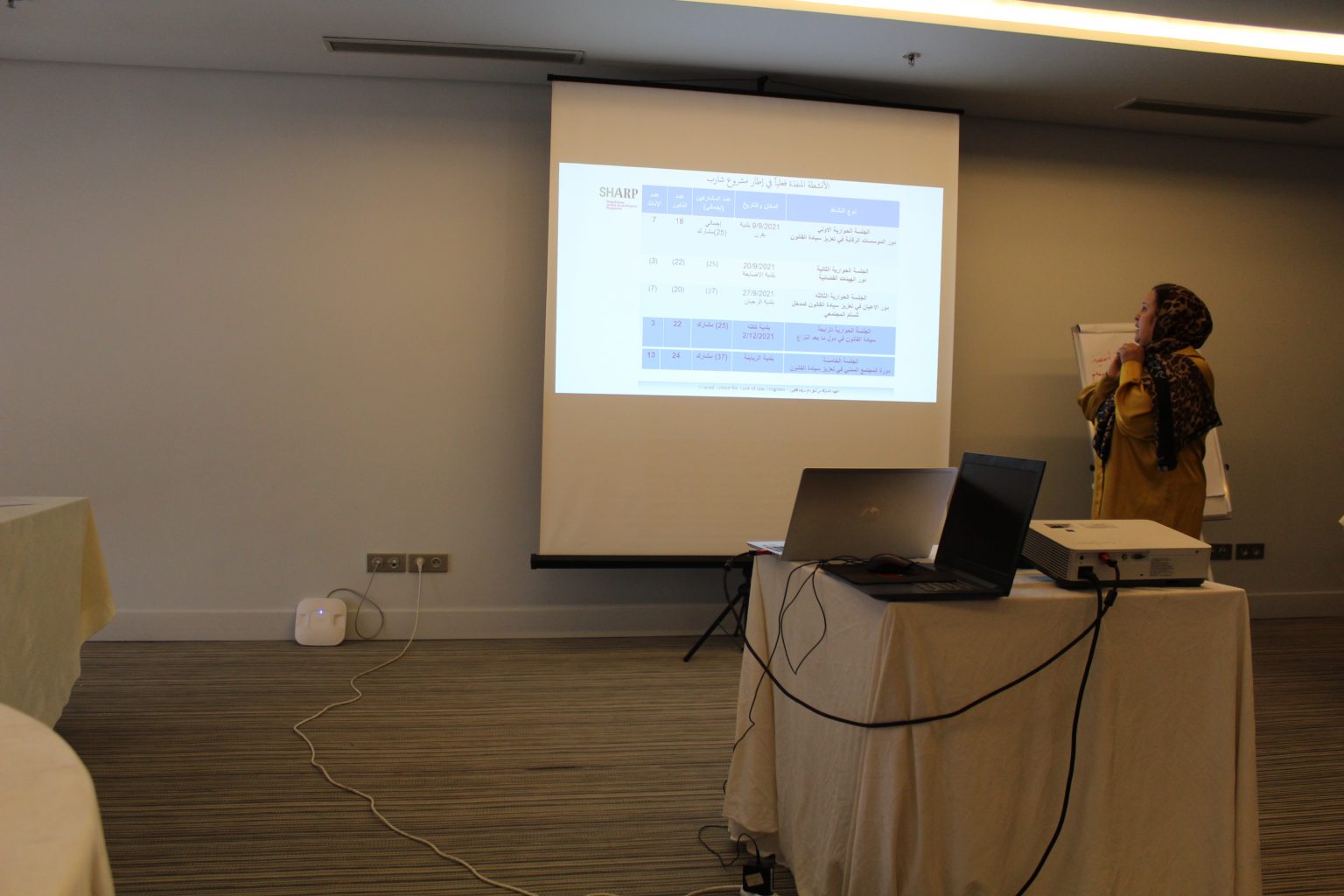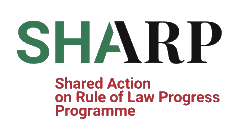WHO ARE WE
Shared Action for Rule of law Progress (SHARP). A programme funded by the EU
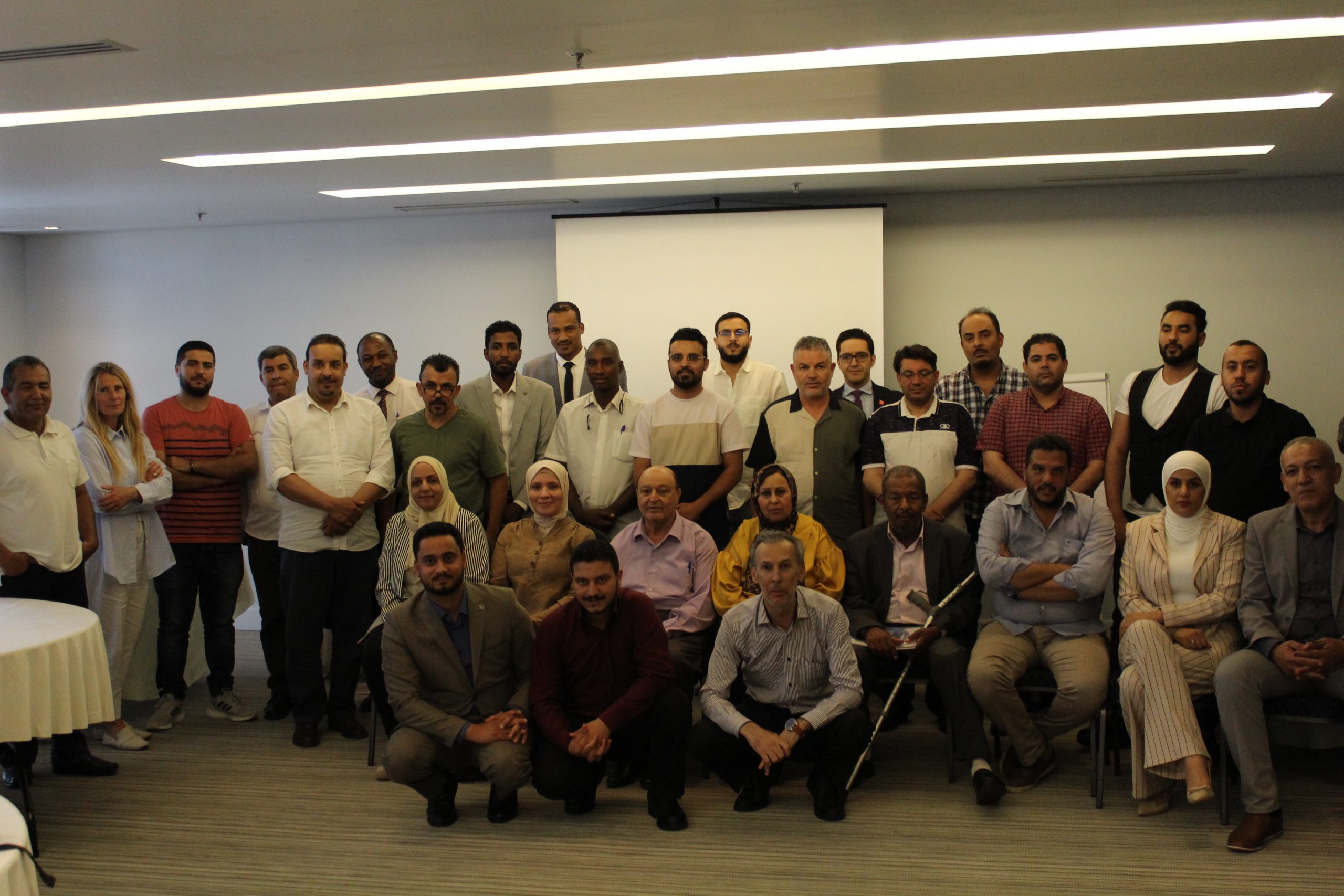
From 2020 to 2024, SHARP offers a mix of dialogue facilitation, research and analysis, and project opportunities on rule of law themes and issues that matter to Libyans. Based on the gained insights, continued interactions between stakeholders, and new project experiences gained across the country, the programme elements are adjusted to facilitate successful outcomes for Libyans. This way, SHARP supports Libyans to meaningfully advance the rule of law in Libya.
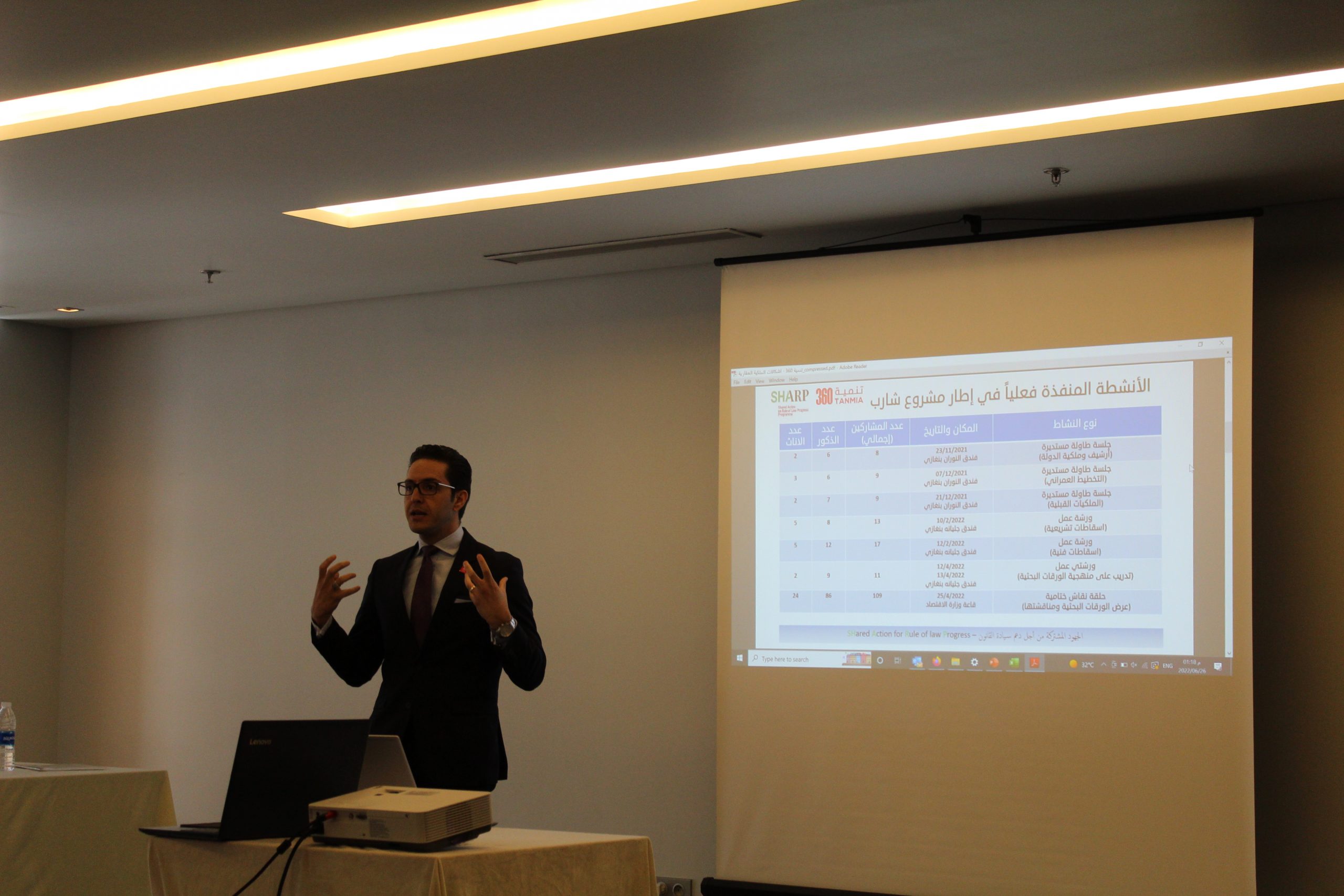
Strong networks
- trusted partnerships
- generator for initiatives
- fueled by dialogu
Tested approach
- fact based analysis
- adaptive programming
- informed learning loop
Sustained actions
- partners that deliver
- demonstrated impact
- ready for upscaling

Strong networks
- trusted partnerships
- generator for initiatives
- fueled by dialogue
Tested approach
- fact based analysis
- adaptive programming
- informed learning loop
Sustained actions
- partners that deliver
- demonstrated impact
- ready for upscaling
Search, Understand and Question (SUQ)
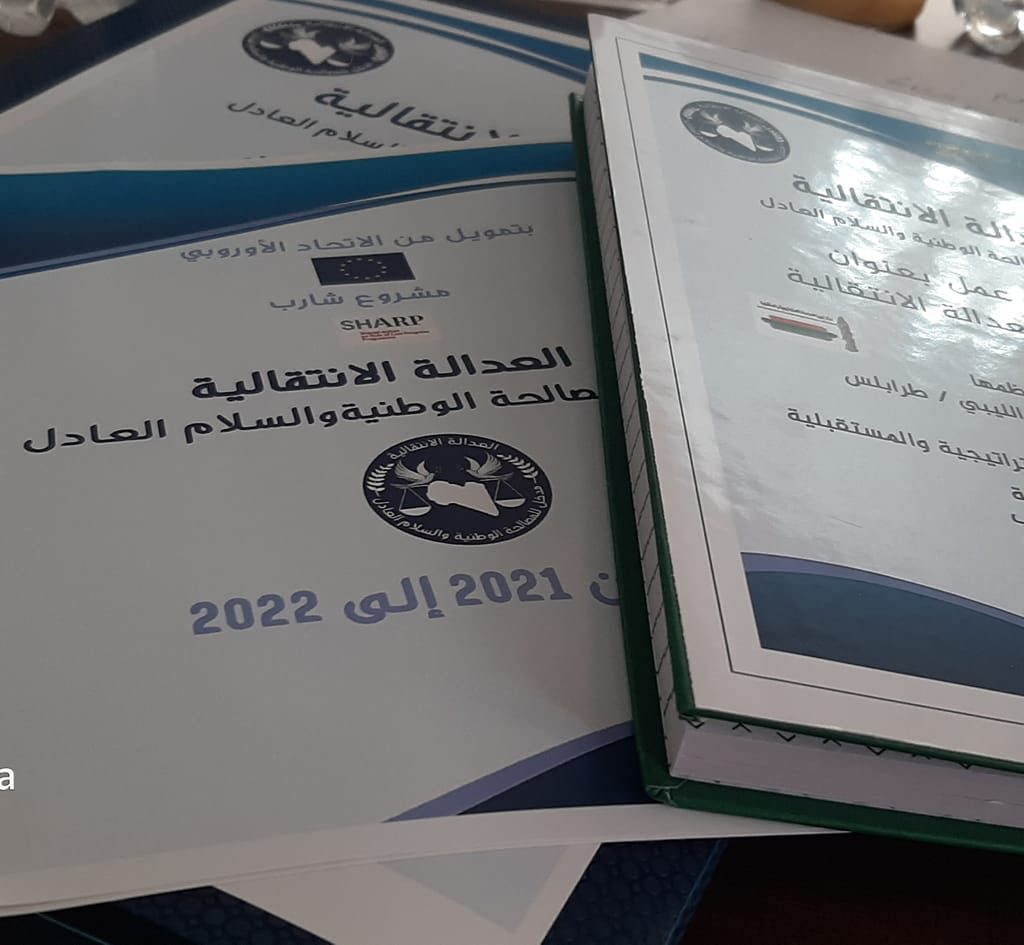
A key SHARP element are the “Search, Understand and Question” (SUQ) conversations between Libyans. SUQs aim to build consensus between Libyan stakeholders on priorities, initiatives and concrete actions needed for progress in the rule of law area. The SUQs are linked to Virtual “Training & Learning” (T&L) workshops to integrate Libyan stakeholders’ observations into SHARP’s research activities. They also collect inputs for continued conversations on ideas for sub-contracting and capacity building activities that will be funded by the project. SUQs thus offer a platform for individuals to express and test their ideas about possible actions that promote the Rule of Law in Libya. Participants will be challenged and encouraged by people working in the same domain.
Political Economical Analysis (PEA)
The Political Economical Analysis (PEA) offers a rough outline of the state of the current rule of law in Libya. The PEA will be updated throughout 2020 as part of further research, meetings and stakeholder input gained as part of the process that is integrated in the context of SHARP. Stakeholders are invited to reflect on the impact of their actions in this context, possibly further align these and seek opportunities for (alternative) action. The PEA thus serves as an open source knowledge base and actively shares findings. The PEA also integrates the experiences with the implementation of pilot projects as supported by SHARP. This way, the report helps to point out possible opportunities to leverage the impact on Rule of Law in Libya.
Pilot initiatives
A third key programme element is the sub-contracting facility, which will disperse small funds for pilot projects that will be implemented by eligible Libyan entities. They can request and receive funding for the following types of activities:
Trainings, meetings, workshops, seminars or other types of gatherings that are conducive for improving and promoting the rule of law. Academic research and feasibility research that may lead to concrete actions and services that can improve rule of law conditions. Small investments necessary for improving service delivery in the context of rule of law Communication activities, publication of materials and public advocacy that enhance transparency and accountability within the rule of law sector among others
The small funds will be used to fund activities which focus on improvements in individual and organisational capacities and attitudes in the rule of law area.
